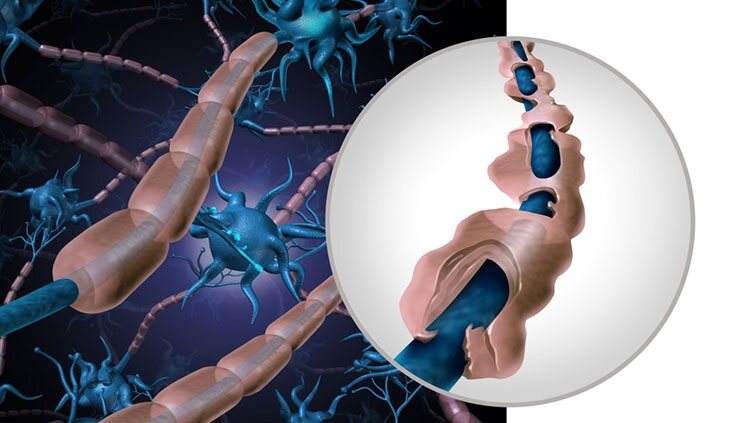Multiple Sclerosis A Complex Neurological Disorder
Multiple Sclerosis (MS) is a chronic autoimmune disease that affects the central nervous system, specifically the brain and spinal cord. In MS, the immune system1 attacks the myelin sheath, the protective covering of nerve fibers. This damage can disrupt the communication between the brain and the rest of the body.
Symptoms of Multiple Sclerosis
Symptoms of MS can vary widely from person to person and can change over time. Common symptoms include:
- Fatigue: Feeling tired and lacking energy.
- Muscle weakness: Difficulty walking, standing, or lifting objects.
- Numbness and tingling: Sensations of numbness, tingling, or prickling in different parts of the body.
- Vision problems: Blurred vision, double vision, or loss of vision.
- Balance and coordination problems: Difficulty walking, dizziness, and vertigo.
- Bladder and bowel dysfunction: Problems with bladder control or bowel movements.
- Pain: Muscle or joint pain.
- Cognitive difficulties: Problems with memory, concentration, and decision-making.
Types of Multiple Sclerosis
There are four main types of MS:
- Relapsing-Remitting MS (RRMS): Characterized by periods of attacks (relapses) followed by periods of recovery (remissions).
- Primary Progressive MS (PPMS): A progressive form of MS with a steady decline in function without distinct relapses or remissions.
- Secondary Progressive MS (SPMS): A progression of RRMS, where the disease worsens over time with fewer remissions.
- Progressive-Relapsing MS (PRMS): A progressive disease from the onset, with occasional relapses and worsening symptoms.
Managing Multiple Sclerosis
While there’s no cure for MS, treatments can help manage symptoms and slow disease progression. Treatment options may include:
- Medications: To manage symptoms and slow disease progression.
- Physical Therapy: To improve strength, balance, and coordination.
- Occupational Therapy: To help with daily living activities.
- Speech Therapy: To address speech and swallowing difficulties.
- Healthy Lifestyle: A healthy diet, regular exercise, and adequate sleep can help manage symptoms and improve quality of life.
If you or someone you know is experiencing symptoms of MS, it’s important to consult with a healthcare professional for proper diagnosis and treatment.

